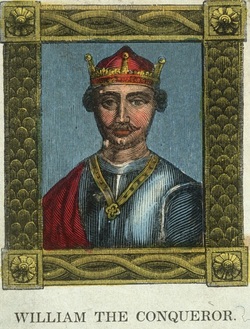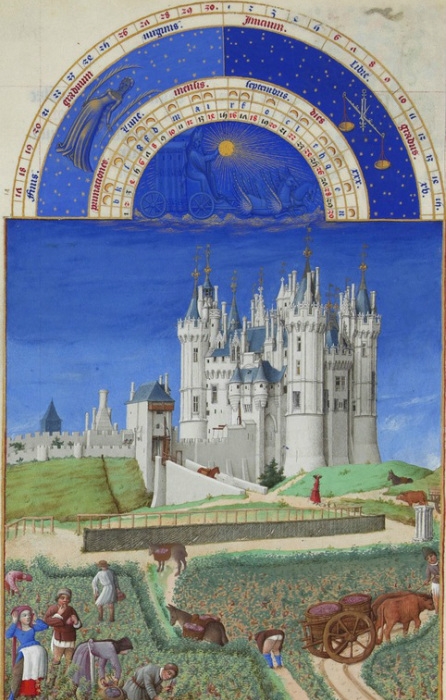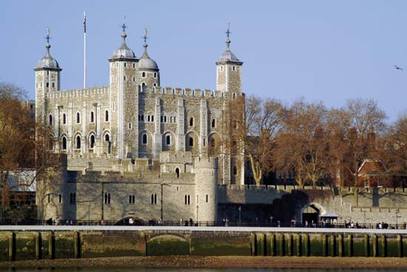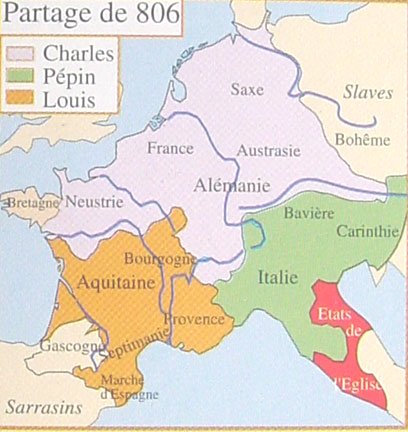The King
|
During the Middle Ages, the economy was primarily based upon by agriculture. In an agricultural society, land was equivalent to wealth: the more land you had in your possession, the richer you were. Economist Kenneth Jupp comments that during the early Middle Ages “land paid virtually all costs of government… throughout most of Europe”. So, the person who had control of the land was very important. Before feudalism, the Romans believed in private ownership of land. Meanwhile, various Barbarian tribes typically shared it communally. Under feudalism, however, the king or the monarch owned all of the land in the country. The kings held this land by what they believed was "divine right", the right to rule granted by God and then passed on through heredity. The king ruled the whole kingdom and was in charge of all the land, but it was physically impossible for the king to control every part of his massive kingdom by himself. “land paid virtually all costs of government… throughout most of Europe” |
 William I of England
William I of England
For instance, when William I, also know as William the Conqueror, won the Battle of Hastings, he could not control all of England by himself. After William I won the battle, he was also still the Duke of Normandy, so he had to travel to France weeks at a time to stay in power. Therefore, he needed a way to remain in control of England and keep his people loyal. He first built a castle—the Tower of London—to dominate the city. There, he kept soldiers to keep the people of England in check. He still, however, needed an actual way of governing the country. This is where feudalism comes into play. William divided the country in to plots of land. These parcels of land were ‘given’ to noblemen who were willing to die in battle for William. They in turn had to swear loyalty to William.
|
The portions of the land awarded to nobles by the king, typically given for service in battle or in other ways, were called fiefs. Fiefs varied in size. Some were single estates just large enough to support one knight and his family. Others were very large, consisting of whole countries or provinces. The king also granted land to the less powerful military men, the knights, who were called vassals. |
The king had complete ownership and power in his kingdom, so he could do as he pleased. This meant that sometimes the land could be given to a noble who swore his loyalty to the king. Sometimes, however, it meant keeping the land in the family and passing it on to his successors, similar to how Charlemagne divided his land. From Charlemagne's Divisio Regnorum, the king’s official proclamation of how he planned to divide the land among his three sons:
“So as not to leave my sons a confused and unsettled matter of dispute and contention as regards the status of my entire kingdom, I have divided the whole body of the realm into three portions; the portion that each of them is to guard and rule, I have caused to be described and designated. I have done this so that each may be content with his portion in accord with my ruling. And so that each may strive to defend the borders of his kingdom which face foreign peoples and maintain peace and charity with his brothers." |



